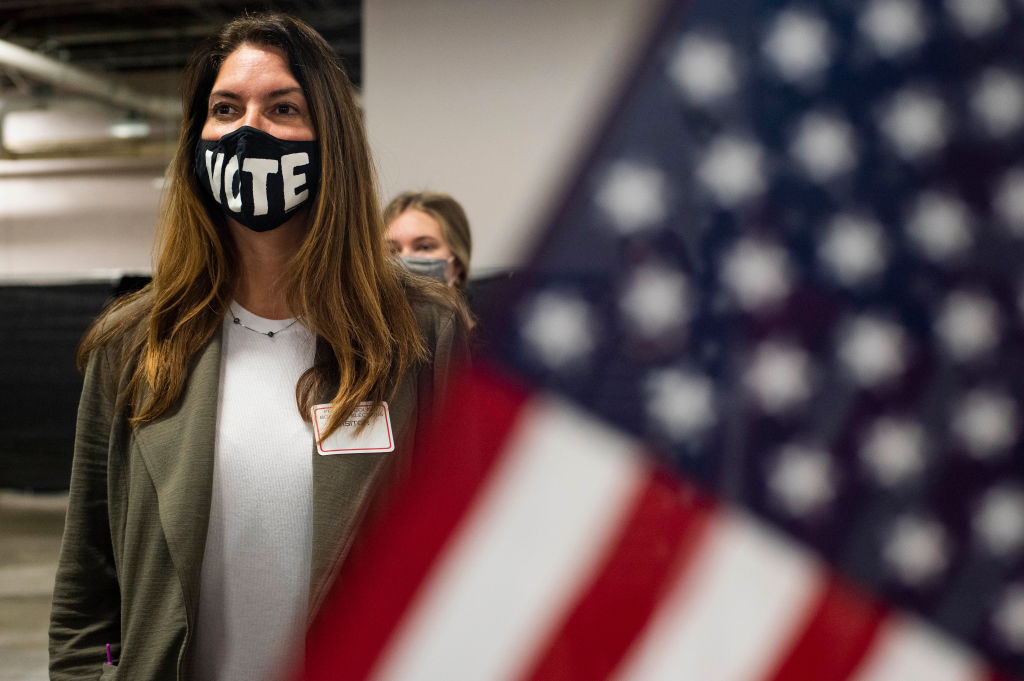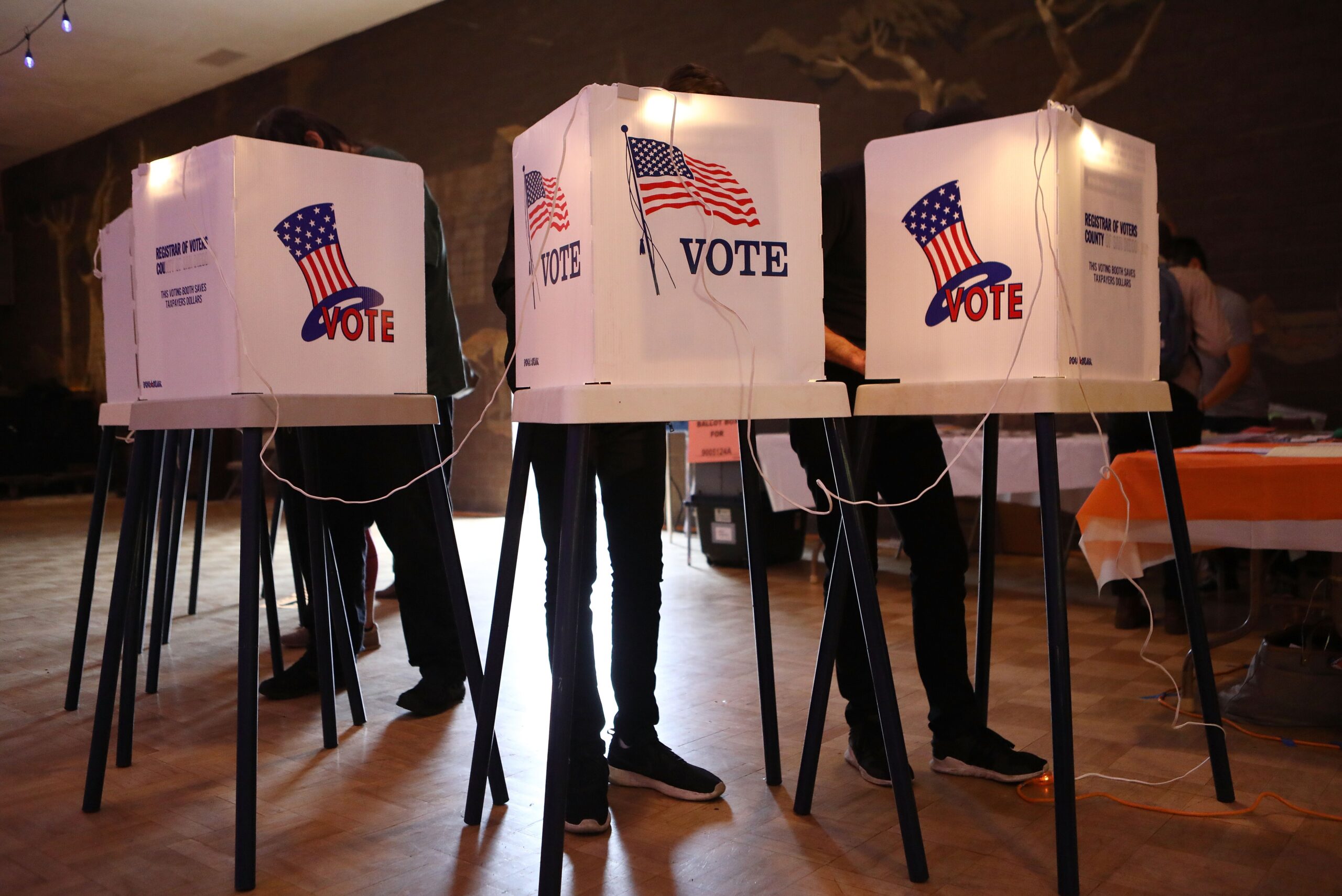Ohio GOP lawmakers introduce voter suppression bill
Ohio’s new voting bill, HB 294, would place restrictions on mail-in ballots, early voting, and drop boxes.
Ohio has introduced a new voter suppression bill championed by Republican elected officials, joining Georgia and Florida which have signed similar legislation into law this spring.
The bill, HB 294, is sponsored by representatives Bill Seitz (R-Cincinnati) and Sharon Ray (R-Wadsworth), and replete with restrictions on mail-in ballot “curing” or corrections, early voting, and reduces the number of drop box locations to just one per county, according to the Huffington Post. If passed, HB 294– also called the Elections Modernization and Security Act– would turn a number of voter restrictions into law.
They include ensuring that drop boxes are located only at election offices, giving voters only 10 days to drop off ballots, compared to 30 in the 2020 general elections, significantly cutting the number of days people can request absentee ballots before an election, from three days before to 10, and require two forms of identification to request absentee ballots online. It would also eliminate early voting on the Monday before an election.

Jen Miller, who is the executive director of the League of Women Voters of Ohio, criticized the absentee ballot limitations outlined in the bill and said that the organization is reviewing the bill and will challenge parts that curb voter access, Cleveland reports.
“What this is going to do is potentially make [traffic] worse for a Cleveland voter,” said Miller. “Instead of extending that ability for 28 days it’s only for 10 and still at the same address.”
Read More: Florida governor signs GOP voting law critics call ‘un-American’
Ohio State Senator Matt Huffman, and representatives Seitz and Ray have praised the bill, saying it makes improvements to voter and election security.
“People say that’s voter suppression, and I know we’re never going to get past that line of public comment,” said Huffman. “But I think it’s important that when we have a bipartisan group coming to you to say, ‘We can run our elections better if we make this change,’ the legislature needs to take that seriously.”

Huffman says that the Ohio Senate is drafting its own version of the legislation, AP News reports.
One provision included in the bill in favor of voter access for Ohioans is the online absentee ballot request system and automated voter registration program via the Bureau of Motor Vehicles.
However, many voting rights advocates have outright rejected and condemned the bill. All On The Line (AOTL), an organization focused on ending gerrymandering in politics asserted that HB 294 “will have a disproportionately negative impact on Black and Brown voters, students, low-income Ohioans, people with disabilities, active duty military and seniors,” in a statement released Thursday.
“It should be our collective driving purpose to make our democracy more accessible so that every voter has an equitable path to the ballot box. House Bill 294 shamefully does the exact opposite,” added AOTL director, Kathy Shanahan.
Read More: Texas GOP’s voting restriction bill passes key House vote
A week before election day in 2020, an estimated 2.2 million Ohioans had already voted either early in person or by mail and absentee ballots were returned at almost double the rates as in 2016, according to WKYC. Considering those numbers, it’s clear that the bill would have a major impact on Ohio voters if passed.
Have you subscribed to theGrio’s new podcast “Dear Culture”? Download our newest episodes now!
TheGrio is now on Apple TV, Amazon Fire, and Roku. Download theGrio today!
More About:Politics

